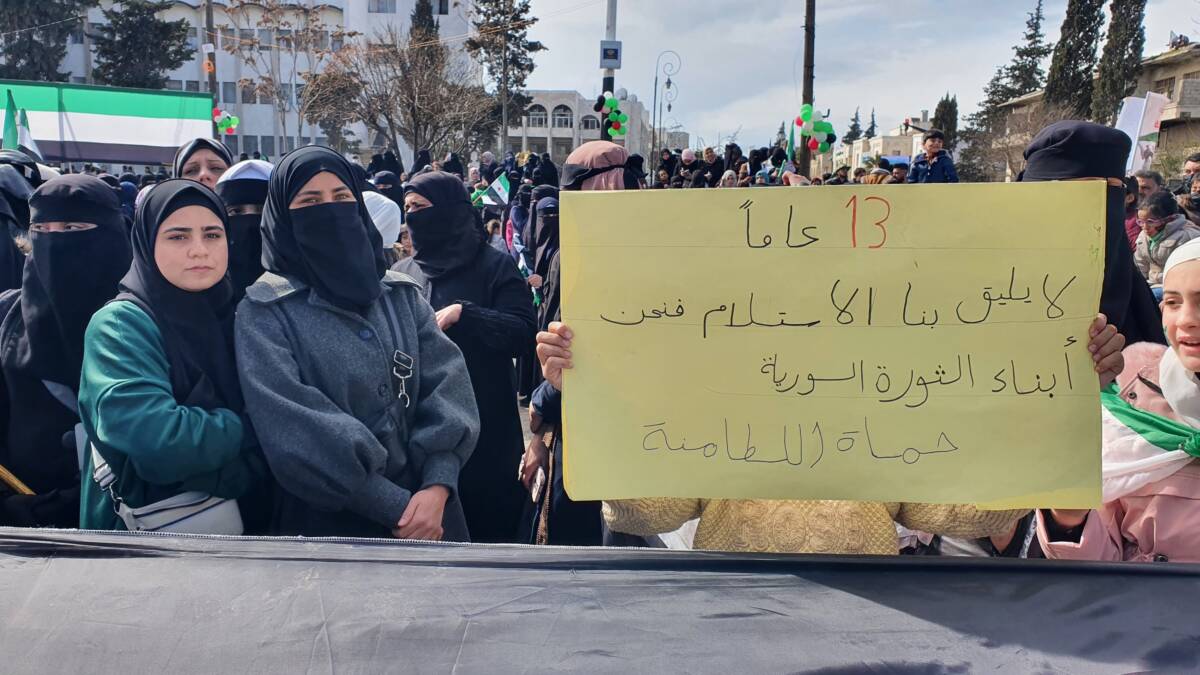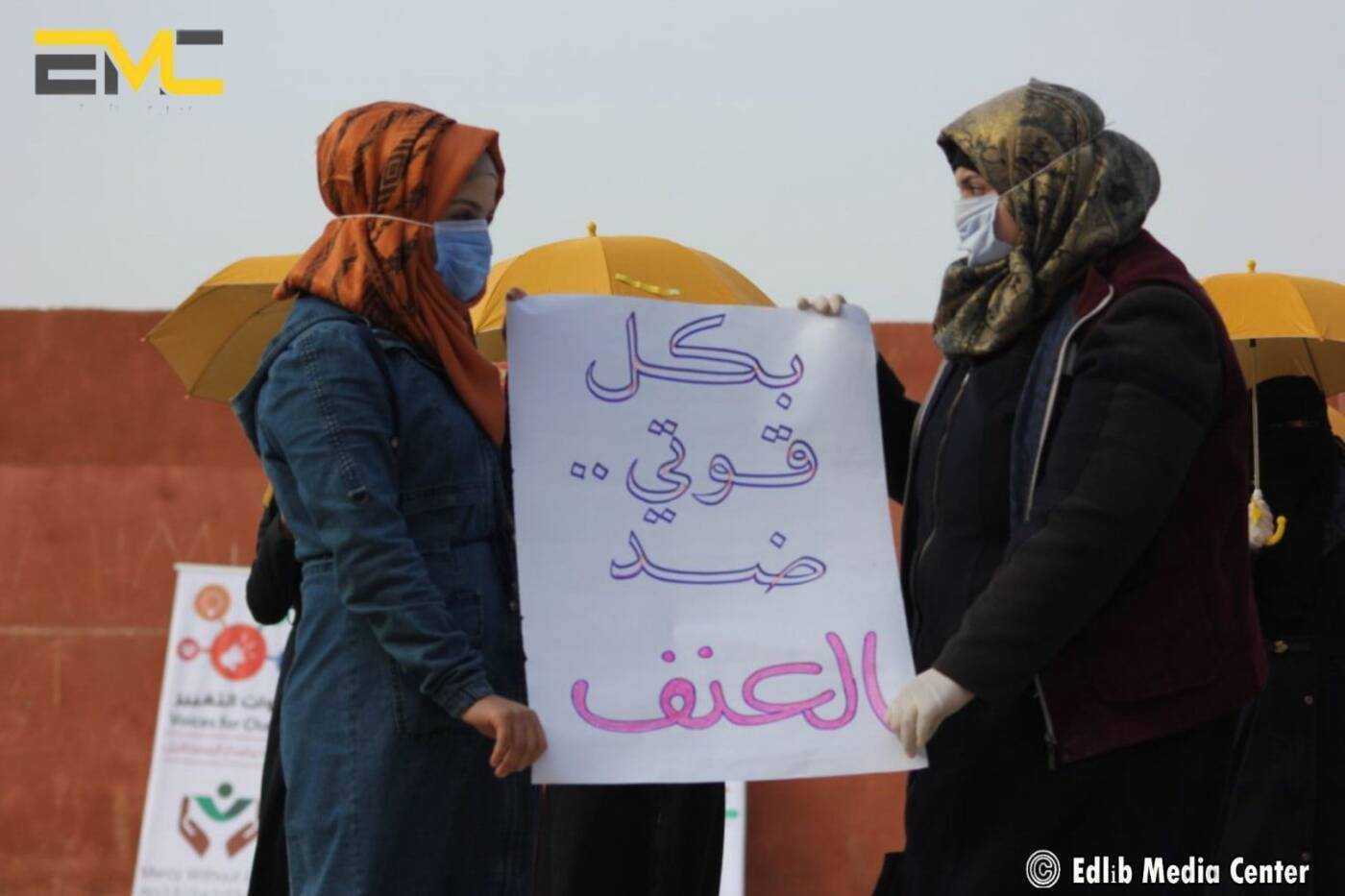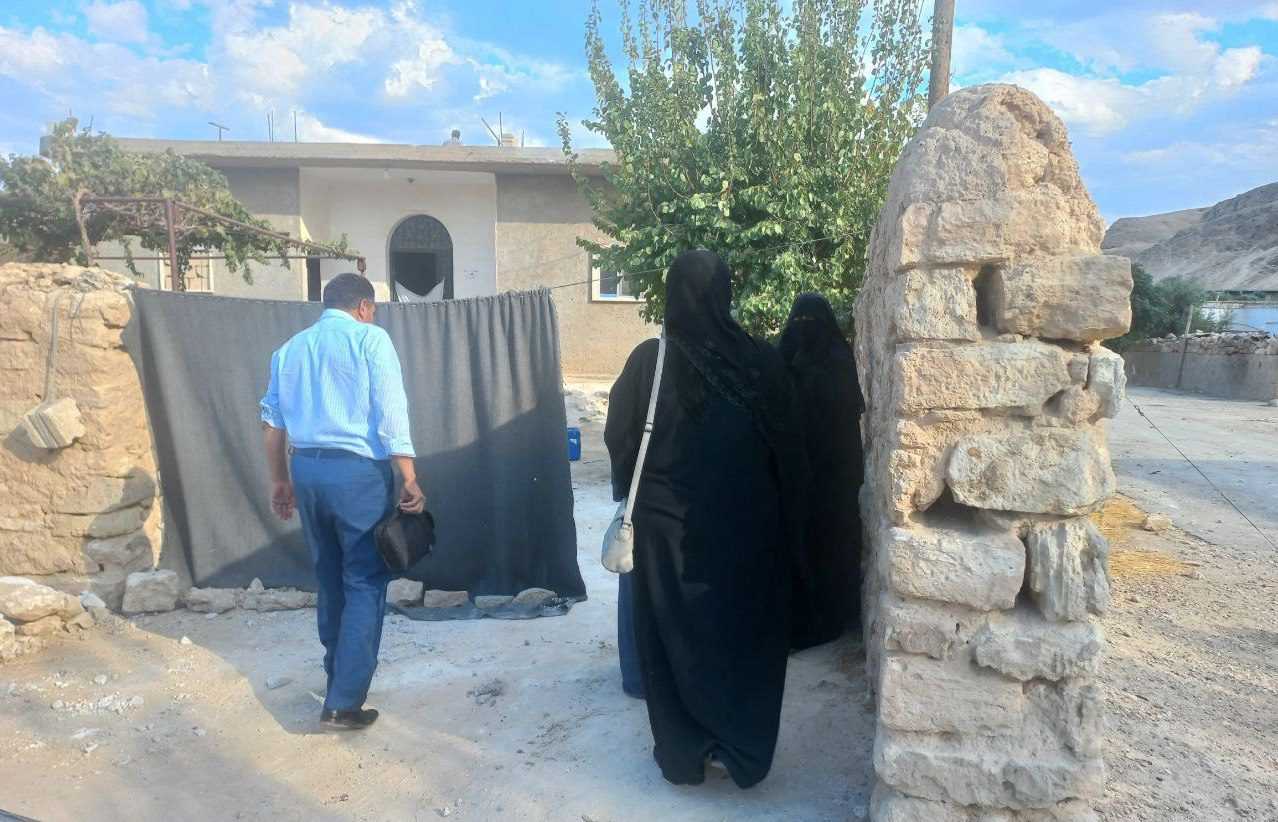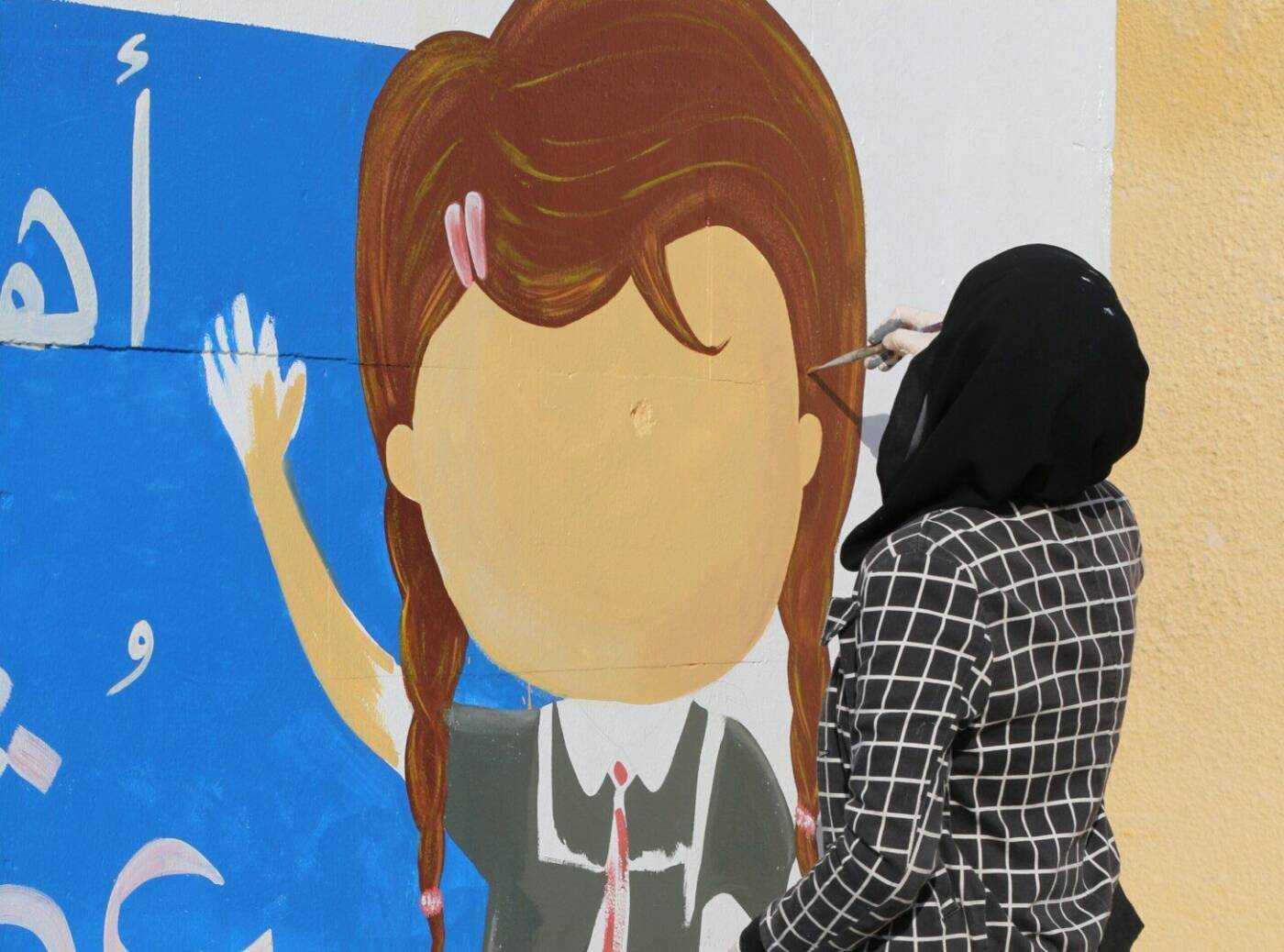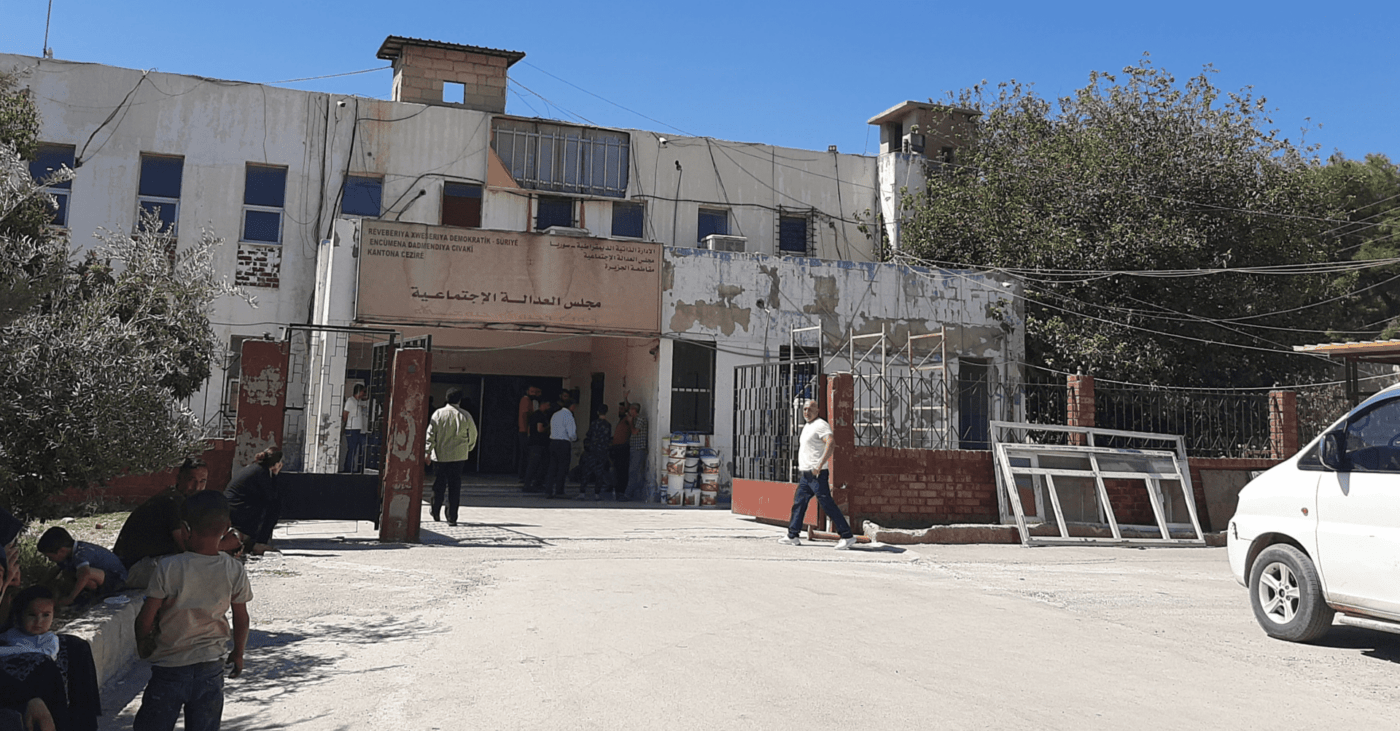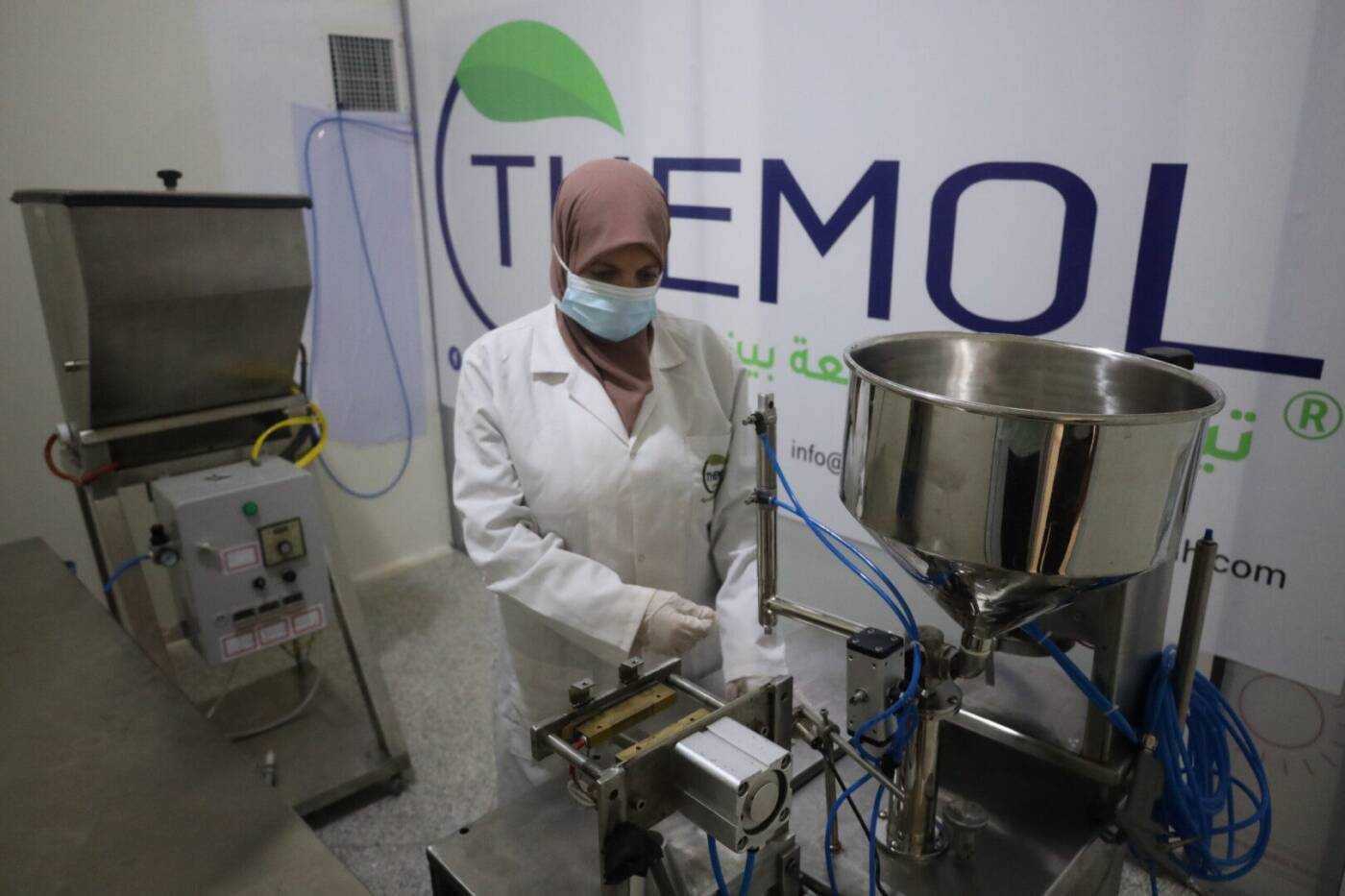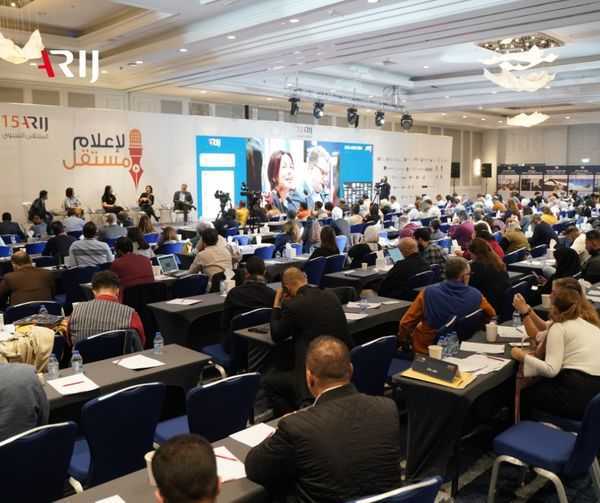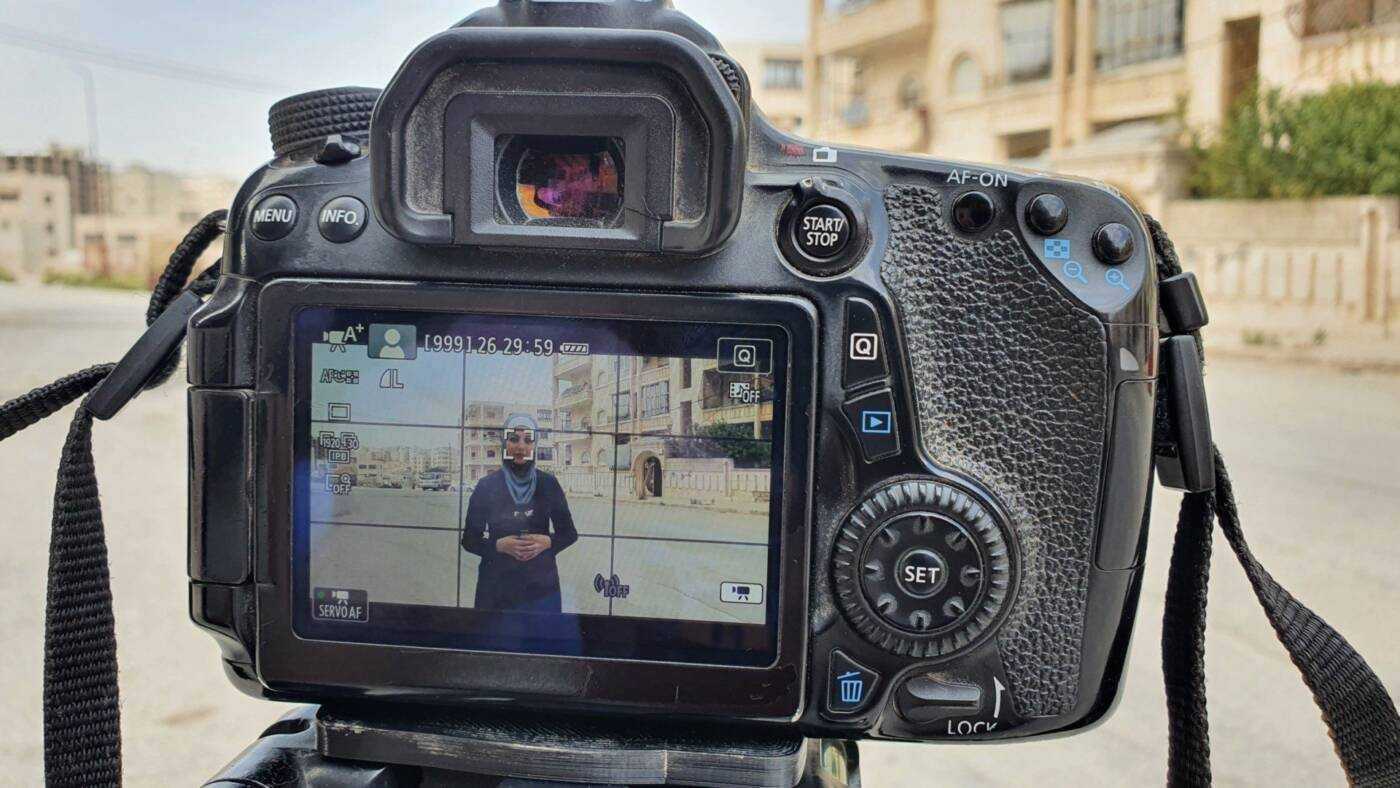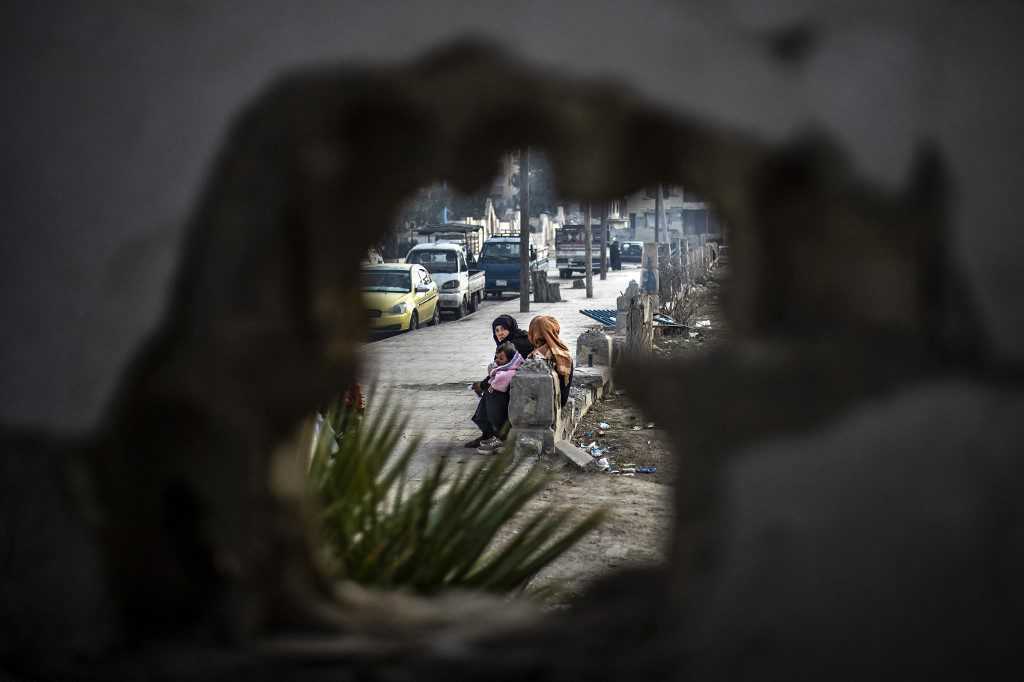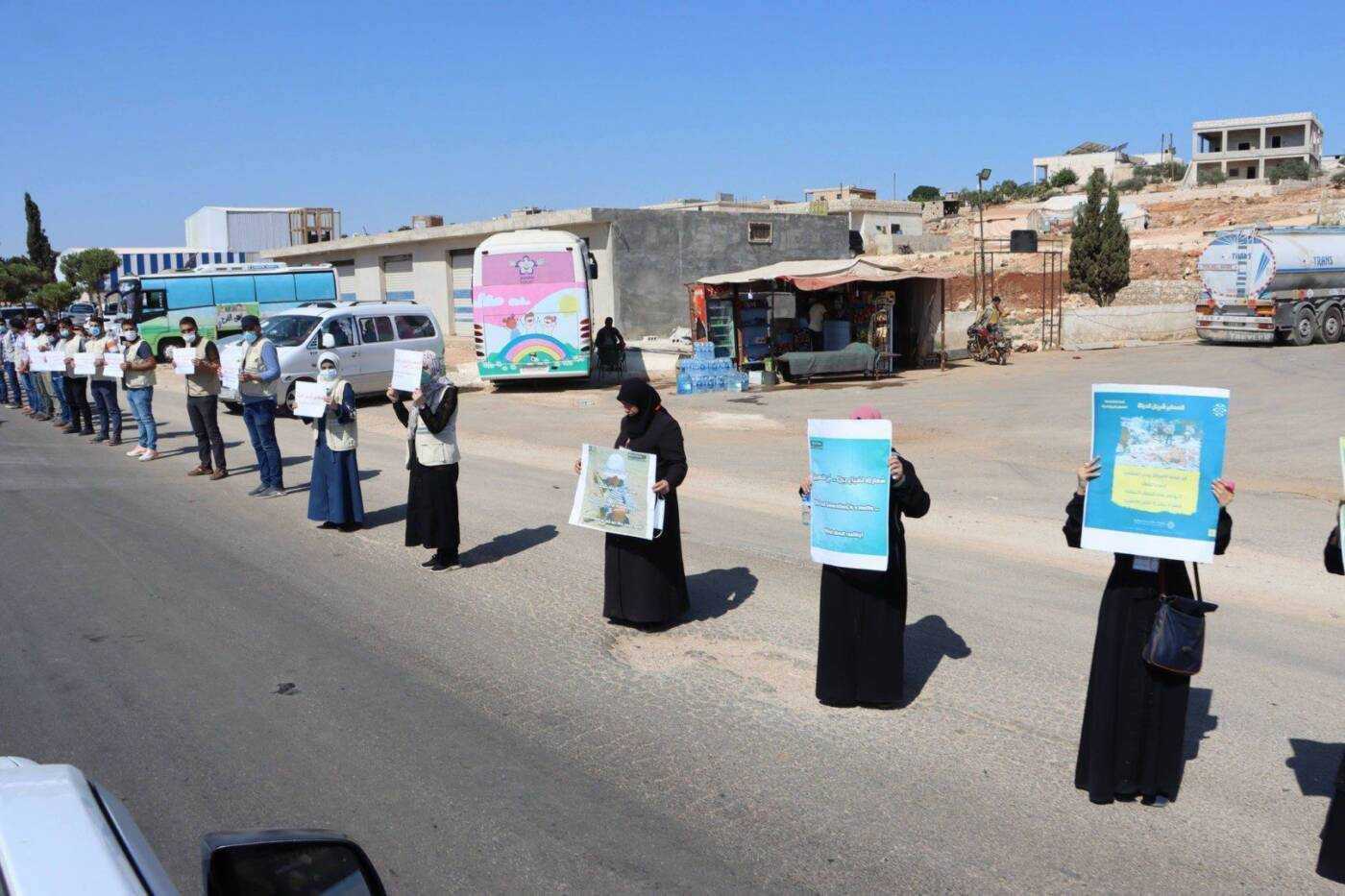Killed, displaced, exiled: Syria’s women’s movement 13 years after revolution
As Syrians mark the 13th anniversary of the March 2011 uprising, activists reflect on the state of the women’s movement after more than a decade of revolution and war. In the face of conflict, displacement and persecution, what remains of it today?

